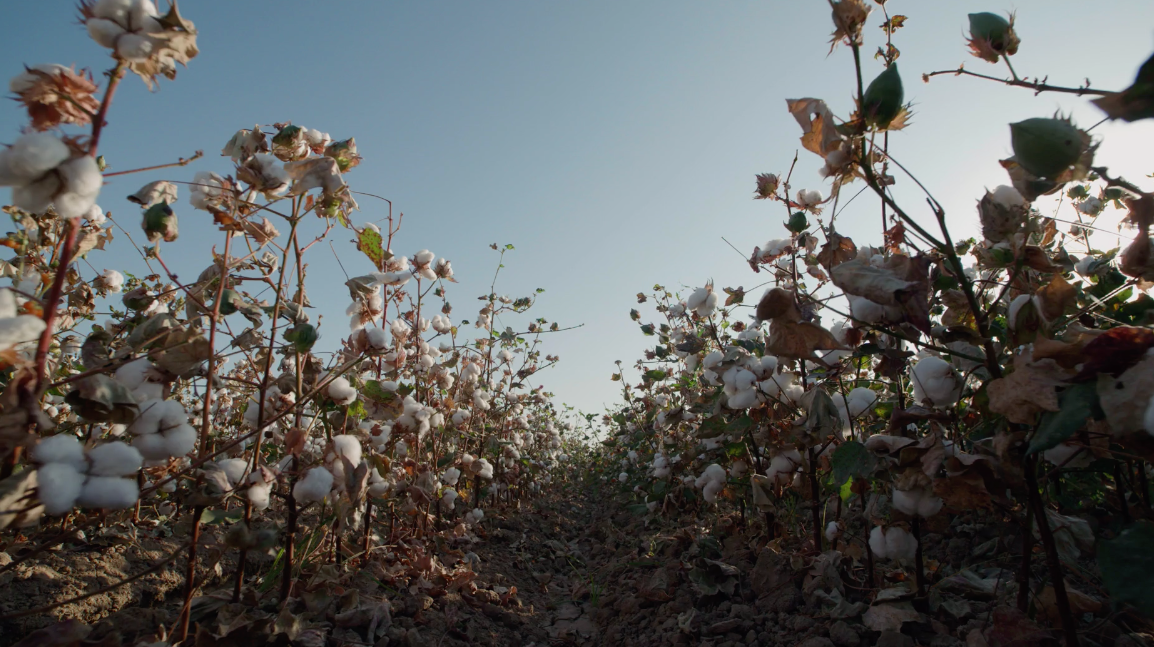
7 awful things i learned about the textile industry while creating the Casamera bathrobe
The textile industry is HUGE. Think about how readily available different fabrics and textiles are and just how much variety you personally own or are constantly around: you’re wearing it in the form of a t-shirt, sleeping on it, drying off with it….and a myriad of other uses.
It would be impossible to have this abundance of material available at our fingertips without running into some major issues. Here is a list of surprising facts I learned about the industry while creating the Casamera Robe:
- Egyptian cotton only accounts for 0.5% of the world’s cotton production, yet it is included on the label of almost every linen product you buy because well, big corporations lie. In 2016, Target issued refunds of up to $90 Million to customers for selling them fake egyptian cotton products.
- Government sanctioned slavery is very real: In order to keep up with the high demand of certain textiles and fabrics, workers in some countries are forced to work for low wages and in dangerous conditions. Because of the global demand, workers are being exploited to keep up with the industry’s needs.
- According to UNICEF, an estimated 170 million children are currently working in the textile and clothing industry all over the world. This gets a whole lot darker once you dig into the facts and statistics.
- Microfiber is really just petroleum-based plastic that does not biodegrade and it sticks around like a clueless party guest, long after the party is over. It soaks up toxins found in the ocean and becomes a carcinogenic snack for fish to feast on, which eventually ends up in our food system.
- Synthetic fabrics like nylon, polyester, rayon and spandex are non-biodegradable and sit in landfills for hundreds of years. More than one third of the microfibers floating in the ocean are due to the laundry of synthetic textiles. Think everything from running shorts to yoga pants to fleece jackets and more.
- Organic cotton might feel good for your conscience but it’s not great for the environment: Since the seeds aren’t genetically enhanced to resist damage from external forces like pests and insects, it takes a lot more land and water to grow organic cotton than it does to grow the same amount of conventional cotton. Less than 1% of the cotton grown globally is organic.
- Egyptian cotton production hit an almost 100-year low in 2016. It’s been slowly improving since then, but it's due to things like mislabeling which is a very common practice in the textile industry and it mostly hurts the farmers that make a living from producing it.
The impact is just as much about the scale of our consumption habits as it is about harmful production processes. In short: if you don't need it, don't buy it and by all means support the small businesses that are trying to do things differently. There's plenty of us out there.
